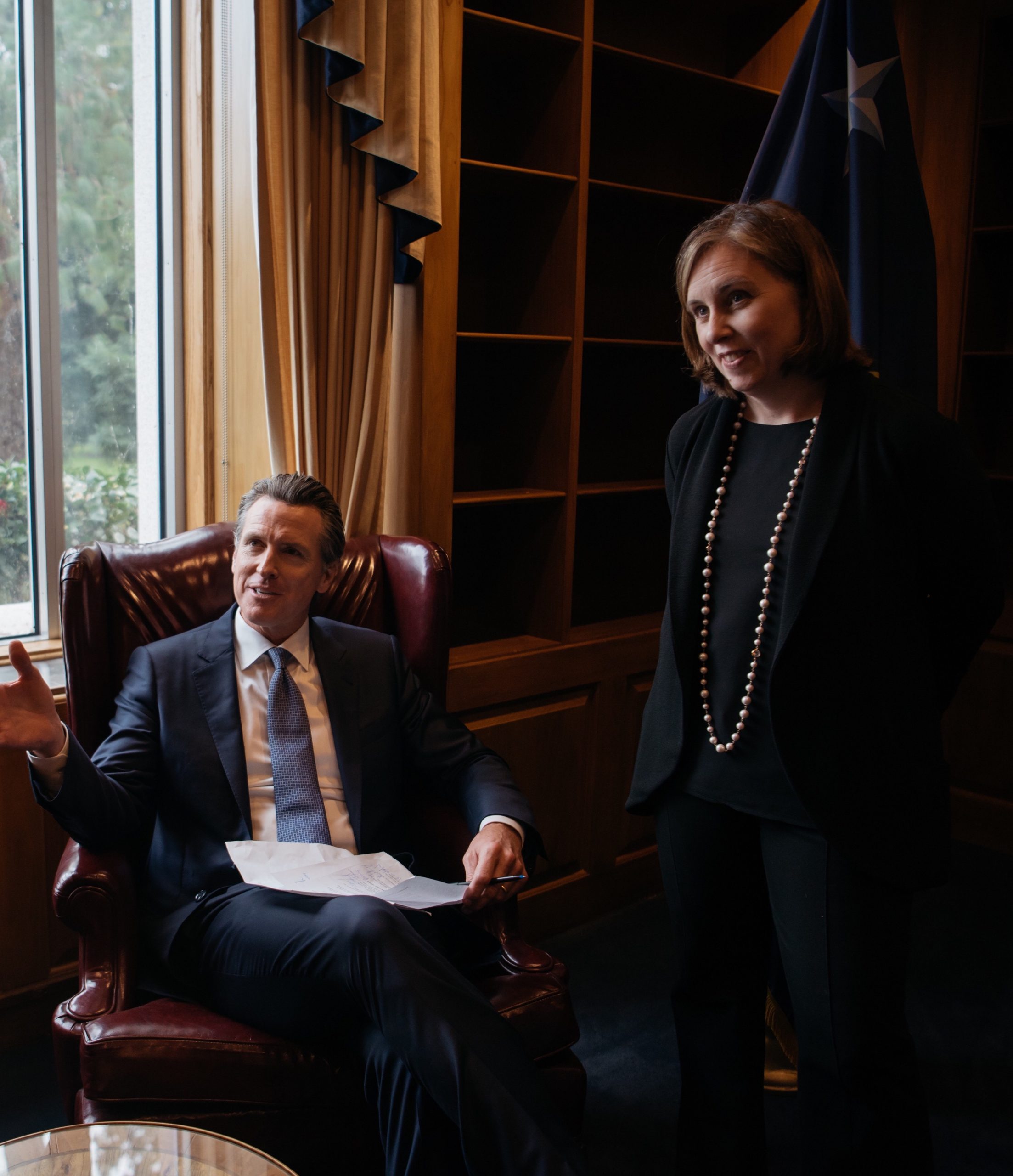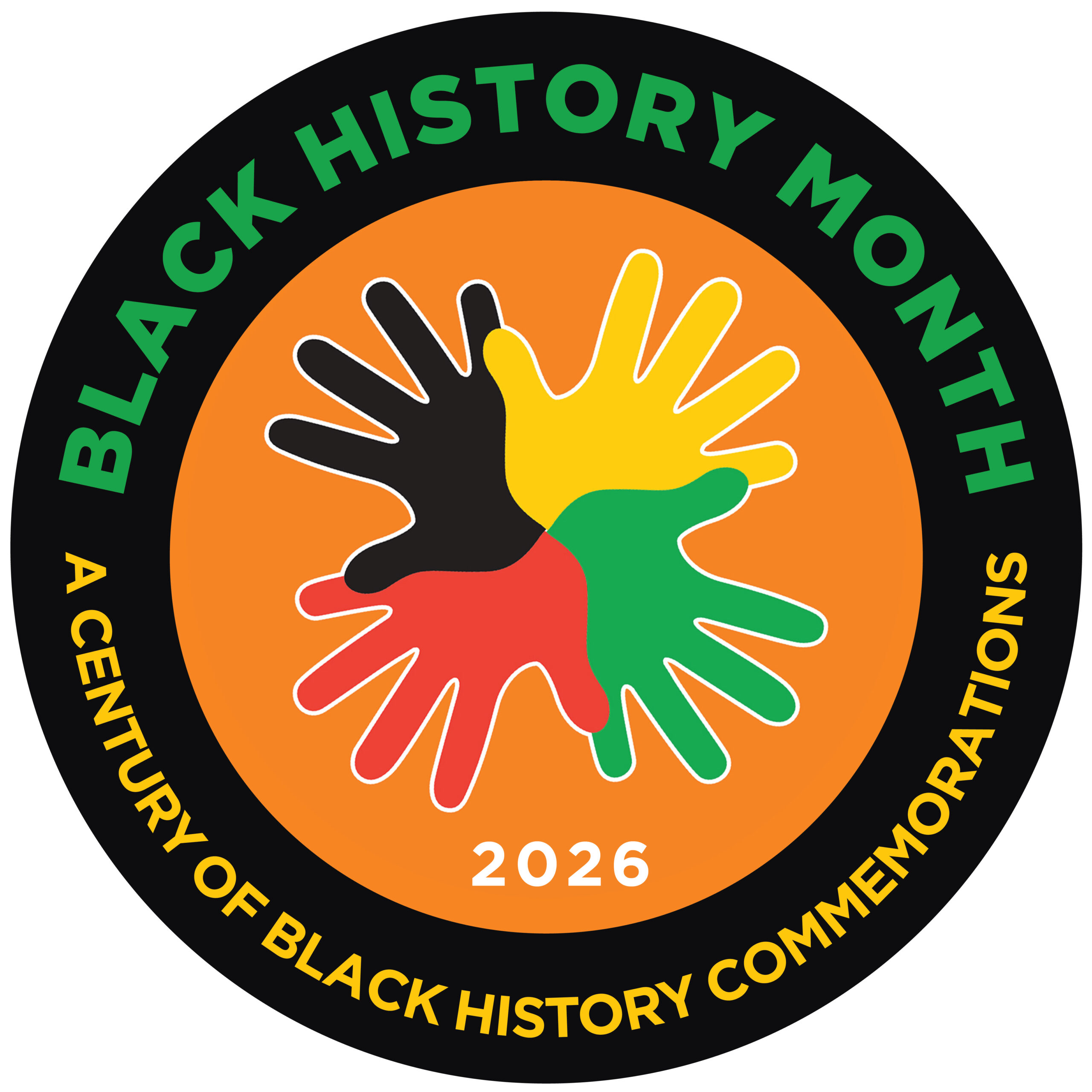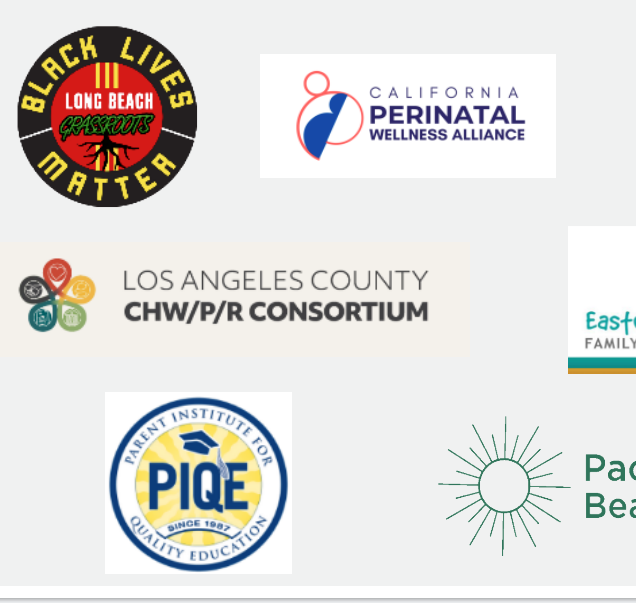Top Photo by Eduardo Ezequiel
When asked why Californians who don’t have kids should care about investing in young children as part of Gov. Gavin Newsom’s historic multimillion-dollar early childhood budget proposal, Ann O’Leary doesn’t shoot off the standard, politically-practiced response.
Instead, the chief of staff for Gov. Newsom leans back in her chair in the governor’s Sacramento office, smiles wistfully, and shares a story about her father.
“My dad, who was a labor leader, passed away about five years ago of cancer. When he was very ill in the final days, a woman came to take care of him,” O’Leary said. “She was a home care worker who was disabled. I asked her about how she got to Maine, where my dad lived. She told me that she had come when she was homeless.”
There was a bus system in the community that was heated, so this woman would ride the bus for days, keeping warm. Then, one day on the bus, she saw a sign for a community college vocational program that offered assistance for home health workers to be able to get training. She enrolled in the program, completed the training, and began to work helping the people in the community, including O’Leary’s father.
“It turns out my dad had started that program,” O’Leary recalled. “So it was this very beautiful kind of coming around in life.”
For O’Leary, the story reflects how the investments we make today can be investments in all of our future, or our collective community. O’Leary said Newsom’s proposals to invest in young children are “all about who we are as a society and a collective community. And I think Gavin Newsom just wholeheartedly understands that.”
From her work as a nonprofit leader to special assistant to President Bill Clinton and policy advisor and legislative director for Hillary Clinton, O’Leary has invested much of her own life championing issues for children and families. Having earned her law degree at the University of California, Berkeley, O’Leary has also worked as an attorney in the private and public sectors, as well as provided legal aid at the East Bay Community Law Center in Oakland, where she said, “you see firsthand how policies impact real lives.”
O’Leary took some time to talk about her own inspirations for helping children and families, her proudest achievements, and the strategies behind and challenges ahead for Gov. Newsom’s ambitious early childhood budget proposals.

Q. Growing up in Maine, who was your champion for children?
A. I was lucky enough to grow up with two parents who were very dedicated to public service and to helping children and families. My dad — who was a labor union leader and really understood the importance of economic security for families — and my mom who was a social worker who worked with low-income families, often who were in distress. And so I saw my parents working hard for other people, but also for my sister who suffered from mental illness and really did everything they could to advocate for her as well. So I was kind of surrounded by it and inspired by it as a kid.
Q. Did you have any life experiences that made you want to help children or go into public service?
A. I think two things happened. First was with my sister. It was the 1970s and ‘80s in Maine and obviously special education laws had passed, but I think they had not been fully implemented in many ways. And so I saw my sister really not receiving any services for many years. As a result of that she really didn’t do well and continues as an adult to suffer. And so I think I’m often inspired by how we can do better for kids.
I then went to college and moved to Washington, D.C. When I was not at my day job doing politics, I was volunteering for a program called DC Works. We worked with young kids who were in the five worst high schools in the Washington D.C. area. They weren’t the kids getting all A’s, and they also weren’t the kids who were failing out. They were often the kids who were being forgotten because they weren’t really troublemakers, but they weren’t doing well enough that they might have gone on to college without help. And I just saw how easy it was to be able to provide some scaffolding and support and fundamentally change their lives. That’s what inspired me to then go and get a master’s degree in education policy and move on to this type of work.
Q. You have an incredible amount of experience championing policy issues affecting children while serving in the Clinton administration and while serving under Sen. Hillary Clinton. From those experiences, which initiatives are you most proud of?
A. The first piece of federal legislation that I really, you know, kind of championed and drove on behalf of the Clinton administration and Secretary of Education Dick Riley was a program called the Reading Excellence Act. It was part of something called America Reads, and it was really trying to encourage us to focus on trying to make sure that all children can learn to read by the end of third grade. And so we put a lot of federal funding into it, but we also inspired volunteerism. It was the first time we actually allowed college students to be able to use their federal work-study money to be able to volunteer to be reading tutors. Not only did it help the children that they were helping to learn to read, but also really inspired them in terms of the careers that they chose. So I think that was really impactful.
The other one that I would mention is that I’ve spent a lot of my life really working on the issue of paid parental leave, paid family leave, and paid sick days. Bill Clinton was the first person who signed the Family Medical Leave Act. I wasn’t there at that time, but came on shortly thereafter and really worked to set up the conversation on paid family leave. That, I think, spurred states like California and cities like San Francisco to pass laws in states and localities around the country. We still haven’t gotten national action, but I think we spurred incredible work around the country, and I’m just really proud of the work we did to lay the groundwork for that.

Q. Why was family leave important to you? Did you have any personal experiences either growing up or as a mom?
A. I actually started working on family leave before I was a parent and then I saw just how important it was once I became a parent. Before I was a parent, I really first came to it from a gender equity lens of, “How do we make sure that we have labor protections so that women literally don’t get fired when they need to take leave for either having — or taking care of — a baby?” When I had my first child, I was working for the city of San Francisco as a deputy city attorney. The city had very generous benefits, so I was able to take off four full months at 100 percent pay. When I came back to work, I was breastfeeding my child at the time. I was able to get support to take breaks to be able to breast pump so that I could continue to feed my child breast milk. I was also able to have enough money so I could afford quality child care. I remember looking in Berkeley for what was the best child care. I remember the National Association of the Education of Young Children had a quality stamp. I looked for which ones had a NAEYC stamp on them. I’ve benefited from all of that. The fact of the matter is that we’ve done a great job for women like me — professional women — to be able to go back into work, to be able to get paid leave, be able to get support to continue to breastfeed and be able to get quality child care.
And yet we have really just failed our low-income families on this measure. That’s why the work that First 5s do in California is so incredibly impactful in terms of how we make sure that we’re supporting low-income individuals with home visiting, with child care support, with being able to advocate for them. If you look at First 5s, in some sense the First 5 movement came out of the work that we did at the White House when I was working for Hillary Clinton, where she was the first in the country to actually host a White House conference on Early Childhood Brain Development and on child care. Rob Reiner came to those conferences. It was out of that work that he was inspired and was able to then pass the initiative that allowed First 5s to start. And so I think that there is this kind of push and pull between the federal level and the state level in terms of, you know, we may not be able to pass some laws at the federal level, but the inspiration and the ideas in the push has actually allowed states like California to run with the ball. That’s been just a really huge honor to be part of that.
Q. So out of the gate, Gov. Newsom has proposed groundbreaking early childhood funding for California’s state budget. What challenges do you foresee in implementing these proposals?
A. I think the biggest challenge is that this is not a simple problem. The example I always like to give is the Gov. Pat Brown, Jerry Brown’s dad. The first year he was in office, he worked to pass the master plan for higher education. And that’s a map. That’s a plan that has really been the structural backbone for how we’ve done higher education in the state of California. Fast forward to Gov. Gavin Newsom. What Gov. Gavin Newsom is trying to do is to say that for too many years, early childhood has been a secondary consideration. It’s been underfunded. It’s been under invested. It’s been under visioned in terms of the work we need to do. You can’t get it all done in the first year. Part of it is, how do we do in some sense what Pat Brown did? To create a master plan for early childhood education which is going to involve very significant investments and also fixing some of the structural problems that may not be the most shiny objects but are incredibly important.
One example is that this year, we recognize that there are far too many kindergarteners in California who don’t have access to full-day kindergarten. We put $750 million dollars in the budget, which is a onetime spend to try to fix that problem so that schools can actually do a rearranging of facilities to offer full-day programming for kindergartners. We recognize that while we want to get to universal preschool for all 4-year-olds, right now we don’t even have enough funding in the budget to make sure that our low-income 4-year-olds are getting access. So we’re trying to deal with the structural backbone. How do we clean up some of the underinvestments that had been years in the making, while also recognizing that we need to really look at investments that will pay off in the future?
We put $500,000,000 into really looking at the infrastructure issues and how do we make sure on child care that we are dealing with not only the facilities that we need if we’re going to have high quality child care throughout California, but also the workforce. Right now we know that our child care workforce is underpaid, and we also know that it’s incredibly expensive. So there’s this tension, this push and pull between parents who want to have affordable child care and those who work in the child care industry who need to make a living wage.
I think the biggest challenge we have is none of these are going to be fixed overnight. Part of it is, how do we get people to understand this? We’re all rolling our sleeves up together, working on this really thoughtfully to be able to have an agenda that will sustain us decades into the future so that our children and our grandchildren will sit around these tables and say, “Remember when Gov. Gavin Newsom created the master plan for early childhood education?” That’s what I hope we’ll eventually come to.

<em “=””>Photo Courtesy of Gavin Newsom’s Twitter @GavinNewsom
Q. Why is focusing on early childhood such an important priority for the governor?
A. One of the reasons I came to work for the governor — who I didn’t know extremely well then — is that I was so inspired by the fact that we had somebody who was literally running on a platform of early childhood education. You don’t see that very often in the country. The reason he was running on it is he deeply — in his bones and his heart and his mind — feels so strongly that the research that we know about brain development (80 to 90 percent of kids’ brains are developed by the time they are 3 and 4 years old)is so impactful. That’s why we need to make sure we do all this scaffolding and support for families to ensure they can support their young children. The return on investment is tremendous if you think about all that the research shows on everything from literacy rates to criminal activity to being able to complete high school and college. All of this ties to what do we do in those earliest days. And so the governor understands that this is a long-play move. This is a 10-year-, 20-year-, 30-year- or 40-year- return on an investment. But I think he is visionary enough to understand that this is something that we have to do in order to have this type of state and society that we want to have for our children and our grandchildren. So that’s what we’re, what we’re endeavoring to do here.
Q. In Gov. Newsom’s first term, what is on your wish list of legislative and budget goals for children and families?
A. I think he’s laid out a really comprehensive budget in terms of early childhood as well as the most historic K-12 education budget we’ve had. So at this stage we’re very, very focused on getting that first budget passed in a way that allows us to do some of the issues I talked about before. How do we set the stage for working towards the universal preschool for 4-year-olds? How do we close the gap that we have in kindergartners? How do we make sure that we pass a paid parental leave so that parents can take up to six months of paid leave so they can be with their kids in the earliest days, the most fundamental days of a child’s life? He wants to make sure that he gets all of those pieces started and the structure in place so that we can build on them as we go forward. Those are the critical first steps.




